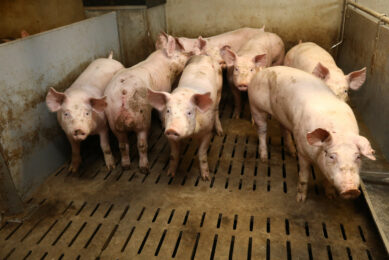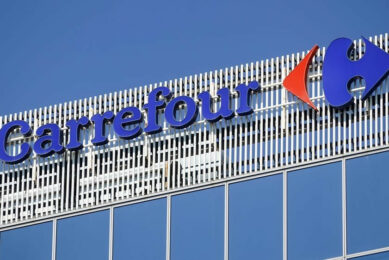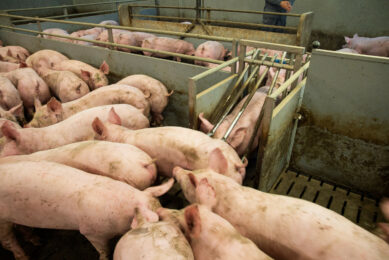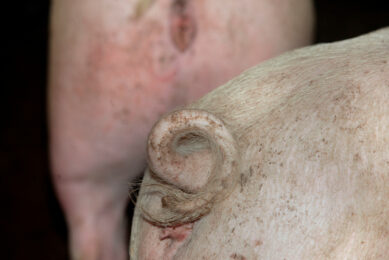Reference pig market in France in danger
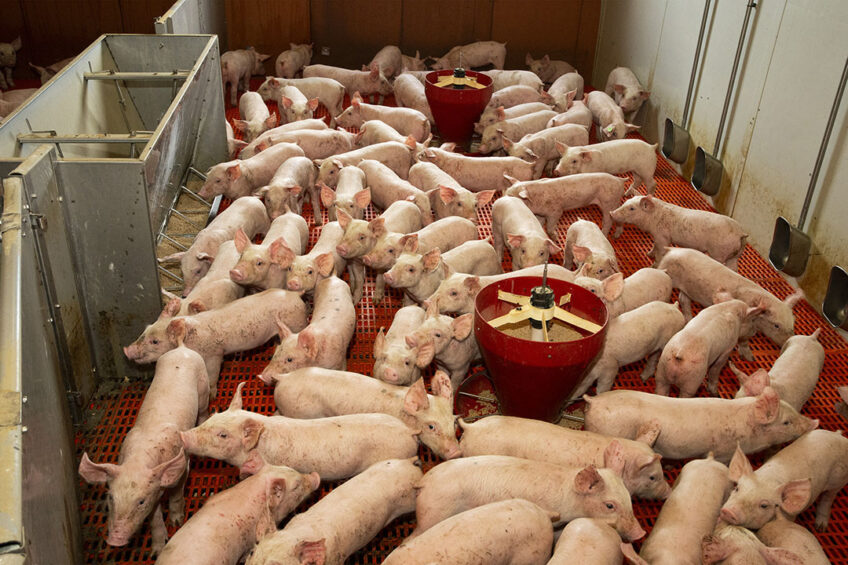
2 of the largest meat companies in France, Bigard and Cooperl, have announced they are leaving the Marché du Porc Breton (MPB), the bi-weekly pig market in Plérin, Brittany, where the French reference price for slaughter pigs is determined.
After their departure, only 3 buying parties will remain, 2 of which are pork suppliers to large supermarket chains in the country. Participants in the auction system fear that is not enough to keep the MPB going.
Reference price for pigs off farms
Uniporc, the French umbrella organisation for the pig sector commented: “The departure of these 2 companies undermines one of the most important roles of the MPB, providing a reference price for pigs off farms in a collective and transparent way.”
Bigard, the largest beef producer in Europe but also a major player in the pork industry via its subsidiary Socopa, announced its departure in August. The company criticised the quality of the supplied pigs at the MPB and also thinks the number of pigs traded means it is not representative for the national pig industry.
In 2022, only 6% of all slaughter pigs in the country passed through the Breton auction room. Cooperl, which processes 5.4 million animals a year from some 3,000 livestock farmers, told Uniporc at the end of October it will be leaving the MPB too. So far, the Lamballe, Brittany-based company has not published the reasons for that decision.
Threat to the whole pig sector in France
Chairman Michel Bloc’h of the Union des Groupements, which manages the MPB, said: “This is a threat to the whole pig sector in France. A transparent price is an essential condition for keeping up the production of some 23 million pigs in France. Stopping that would mean the end for family farms in our country. We are defending a model that offers an existence to both farmers with 150 sows as large holdings with some one thousand sews. Without institutions like the MPB, the smaller livestock farms will disappear, whether they are profitable or not.”



